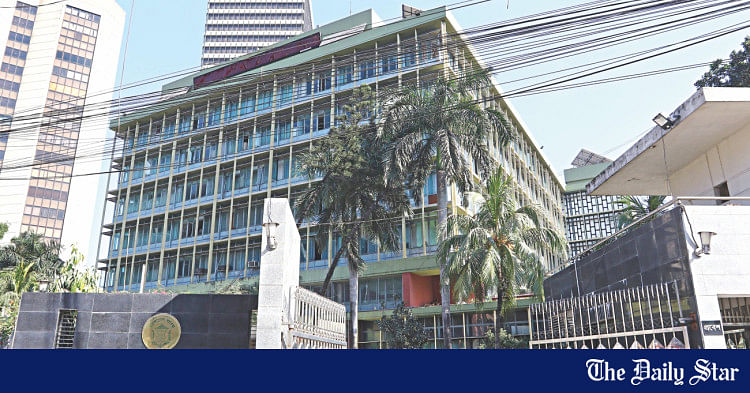Bangladesh’s three-year plan for banking sector reform is a long-overdue and highly welcome move. We understand that the roadmap seeks to restore stability and regain public confidence in the financial sector. The roadmap shows the government’s commitment to overhauling bankruptcy law, improving NPL resolution, crisis management, and governance, which is praiseworthy. It lays out a clear and structured path for reform.
No doubt, these measures are geared toward fixing underlying serious weaknesses in the sector. The initiative is supported by international partners like the IMF, World Bank, and ADB.
However, the complexity and scale of the initiative pose serious challenges. Success depends not only on the enactment of new laws but their effective implementation.
Timely and effective implementation has long been a weak point in Bangladesh’s policymaking. Institutional resistance and coordination lacunae among the agencies have thwarted past reforms. Structural issues are deeply rooted in the system. There are too many small and weak banks, low capital adequacy ratios, and uncontrolled insider lending.
As of now, more than 20 percent of the loans are non-performing, and in the future, the ratio may rise further. If the reform initiatives are not properly executed, the financial sector in Bangladesh will remain vulnerable to shocks and will not be able to support growth and development.
In fact, the current status of the financial sector in Bangladesh is in no way consistent with the country’s aspiration to become an upper-middle-income country.
To achieve tangible progress, the government needs to turn its attention to enacting the roadmap. It needs to begin by consolidating weak banks into more robust, stable institutions. Bangladesh Bank should have absolute powers and independence to oversee public and private banks.
Recovery of defaulted and stolen funds should be transparent to restore the people’s faith. In the meantime, the country needs a functioning secondary debt market, which would ease the pressure on banks as well as provide more financing options to businesses. Lastly, the fate of these reforms is dependent upon their implementation.
While a strong design is necessary, it is not sufficient to ensure decisive execution without a strong political commitment from the ruling elites. The onus is on the interim government and the new government, which is likely to be in power in a year or so.

